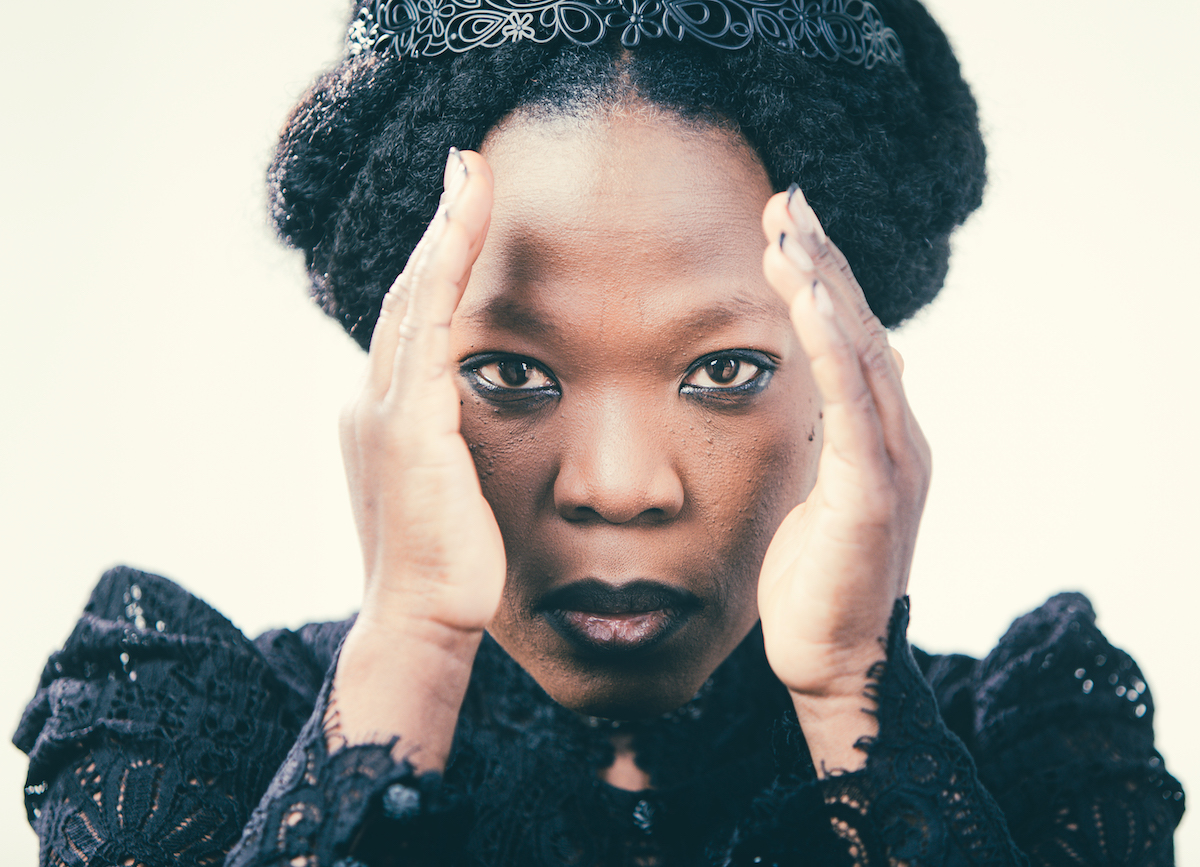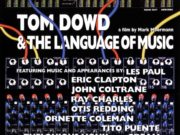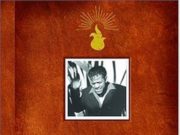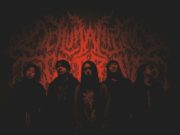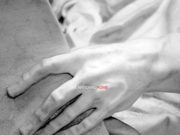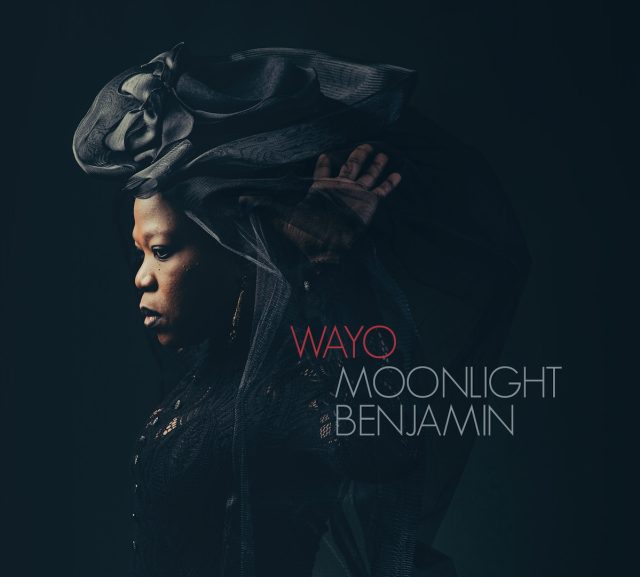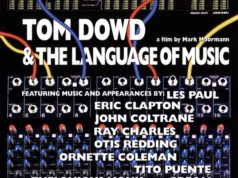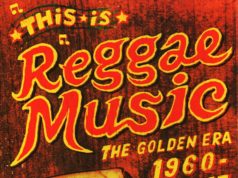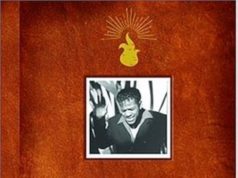THE EDITED PRESS RELEASE: “Moonlight Benjamin’s third album Wayo is a spellbinding ‘cry of pain’ which showcases her thundering vocals and lyrical themes on faith, energy and our connection to the source. These 11 tracks from Haiti’s Vodou priestess delve deep, immersing her philosophical messages in heavy blues rapture, killer riffs and hand-clapping, foot-stomping percussion with influences as far reaching as Dr. John, Malian singer Oumou Sangare and Alabama Shakes
Making her mark in 2018 with her exhilarating debut album Siltane, followed in 2020 by the explosive Simido, Moonlight Benjamin returns with Wayo, a hard-hitting, blues-infused, whirlwind of a record from the Vodou Priestess of Blues-Rock. Working alongside long-time collaborator Matthis Pascaud, Wayo marries Moonlight’s electrifying vocals with Pascaud’s heavily saturated guitar riffs, this time enlisting the help of producer and percussionist Raphaël Chassin (Joon Moon, Hugh Coltman, Vanessa Paradis, Salif Keita), adding a fresh twist to the album’s rhythmic presence.
The album title Wayo translates from Haitian creole to ‘cry of pain’. Much like the beginnings of blues music itself, born of resilience in the face of adversity, the songs on this album are powerful, cathartic and intense. “It’s about asking a spiritual guide for help when life is at an impasse and you can’t cope,” which Moonlight sees as necessary to “move forward”.
Until now, Moonlight’s muse has always been her motherland, the Carribean island of Haiti, but on Wayo, the Vodou priestess changes her tune. “There are still a few songs about Haiti, of course, but the writing, the story, the common thread in this album, it’s more universal. It deals more with the philosophical side of things … Our anchoring to the earth, our connection to the source.”
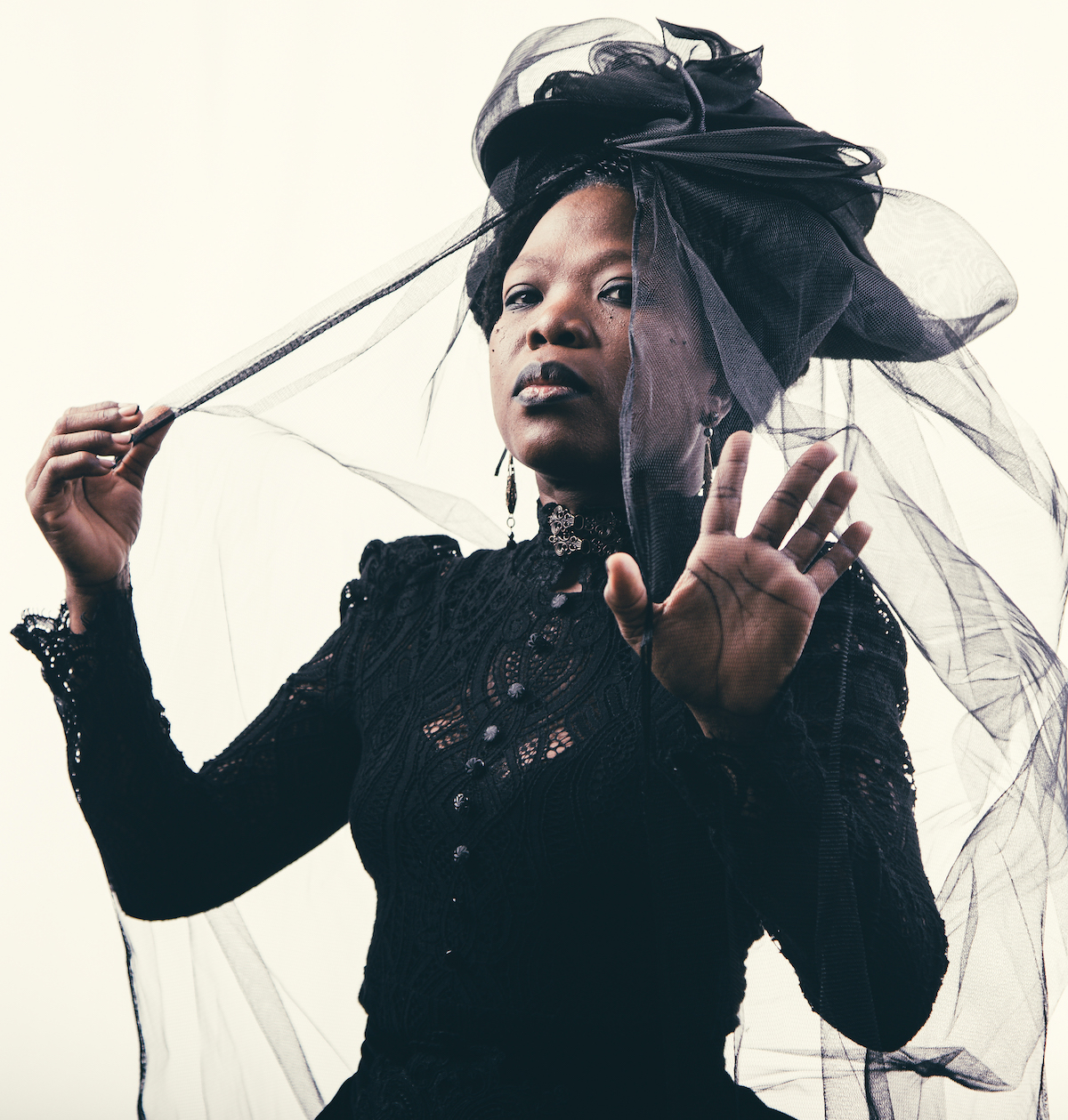
Born to Vodou parents in Haiti’s Port au Prince, Moonlight’s mother died in childbirth. She spent her childhood in a Roman Catholic orphanage until she was adopted by a reverend. Raised on gospel music, it was only in her late teens that she began to explore her Vodou roots, before leaving Haiti in 2002 to begin jazz training in France. It was in 2017 that Moonlight met artistic director and guitarist Pascaud, the collaboration from which her unique, volcanic sound was born.
The unanticipated musical combination which put her on the map has undergone quite a transformation since the duo’s collaboration began. Siltane, composed in both French and Creole, alternated the classic rock-band set up with traditional drums and stripped-back, Vodou-inspired chants; Simido did away with the assortment of styles, zeroing in on the winning formula of Moonlight’s Creole vocals over pure, unadulterated rock. Now on Wayo, she delves into a deeper sound, tracing the rock genre back to its roots: Blues.
Bafon, the album’s second official single, is a bold message of hope; Moonlight’s defiant vocals recount the story of the titular spirit guardian of the dead and master of the cemetery, as he addresses the grieving masses present for Haiti’s funeral to announce that she is not dead, that Haiti still carries life within her. Taye Banda transports us with its foot-stomping, frantic drums, driving home the message that it is our thoughts that create reality — the power to make or break, the power to cultivate positivity, lies in our minds. The lilting riffs on Ouvé Lesprit pull us into a lighter, uplifting tonality, the lyrics imploring us to open our minds to change.”
